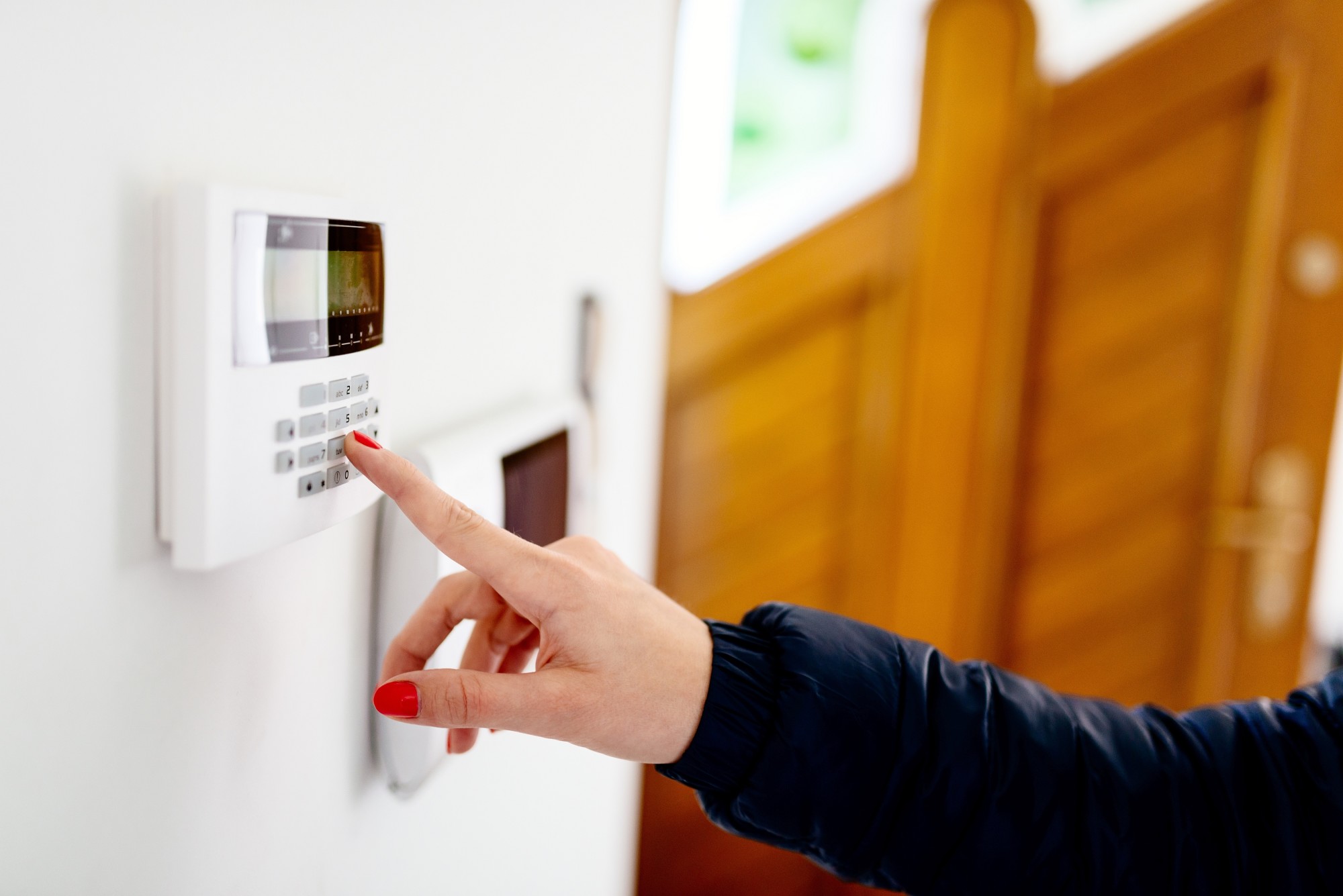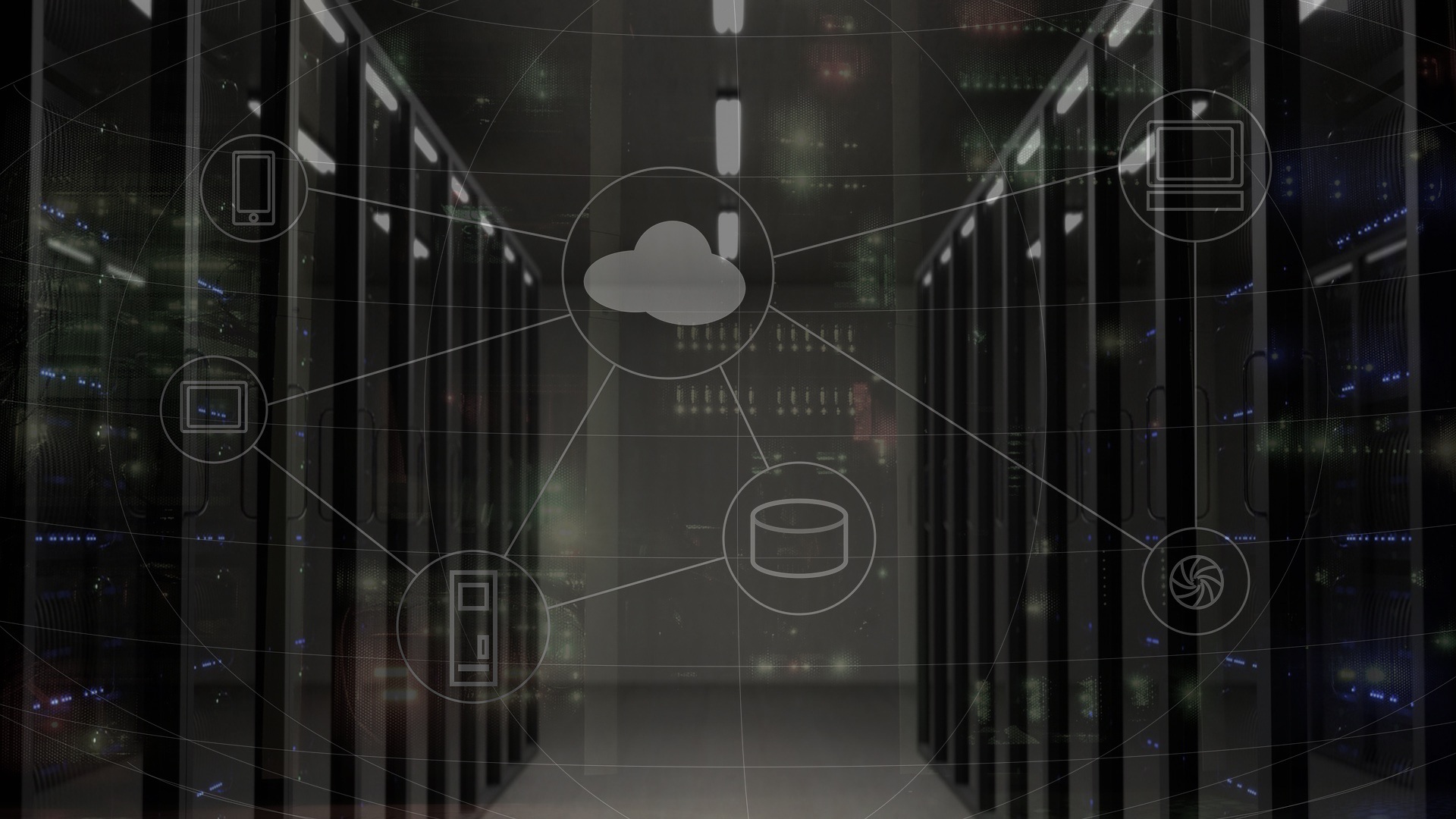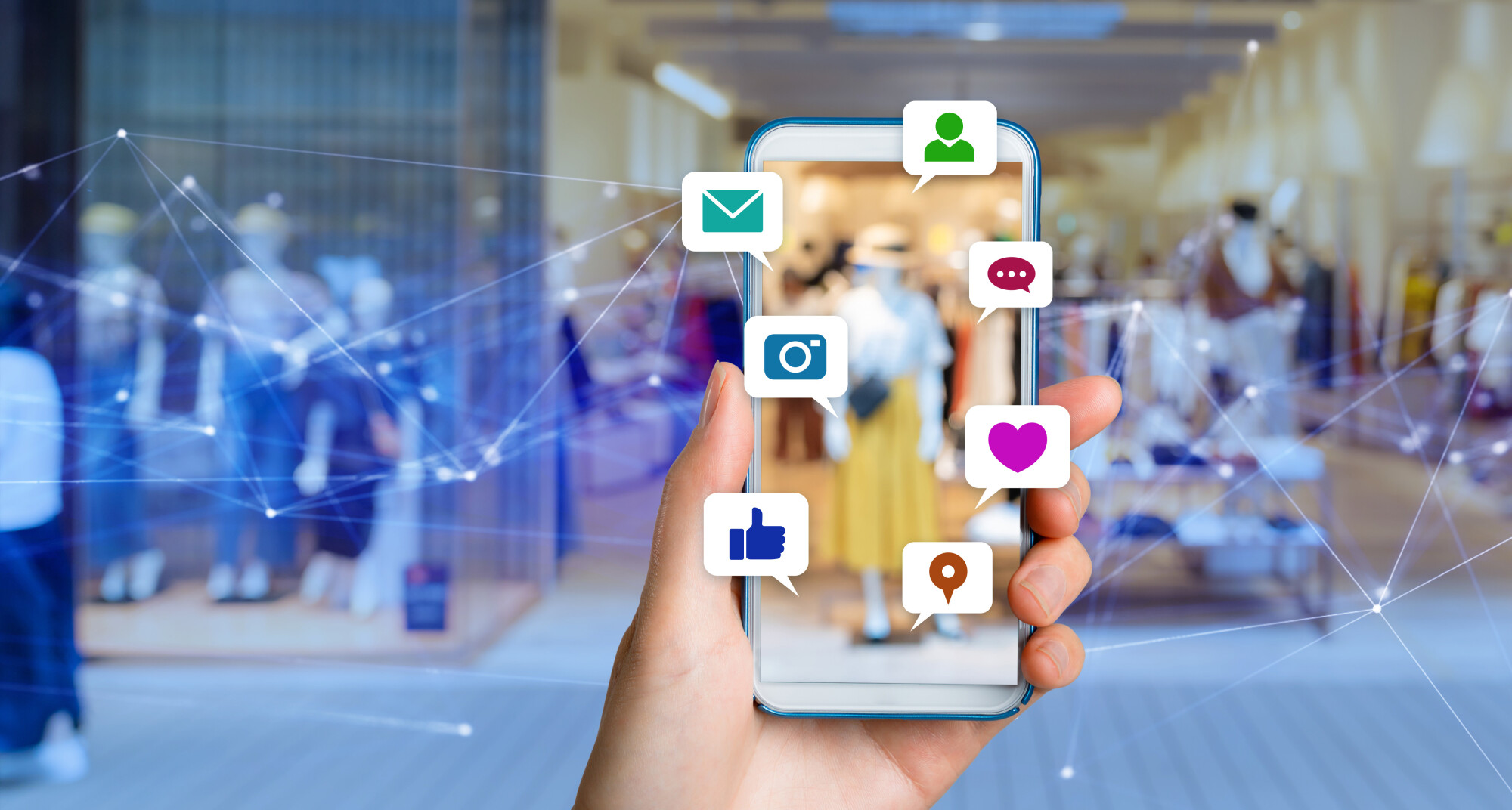Behind the Mask: Social Media Privacy During the Pandemic

In the digital age, it can feel like we are under constant surveillance sometimes.
In 2020, the COVID-19 pandemic has forced more of us to be online in order to work, shop, as well as keep in touch with friends and loved ones.
We all know that our personal data is important. It includes our names, home, and email addresses, phone numbers, and even things like our location, cookie IDs, and IP addresses. Some of us might not really understand what that means, but privacy is important.
So how have social media privacy rules changed?
Social Media Privacy: The Basics
The risk of having all this data flying around can vary, from a simple annoyance to identity theft. Take social media and privacy seriously to avoid misuse of your data.
Most social media sites will have settings to reduce your exposure to tracking and privacy issues. Even your standard social media posts could be giving things away to strangers, so be sure to check your privacy settings.
The Impact of COVID-19
How is COVID-19 changing things?
Technology is being used to track the virus in a number of ways. Temperature sensors, contract tracing apps, facial recognition, and location trackers are just a few examples.
Both the UK and the US faced issues with privacy when developing and launching their contact tracing apps. People didn’t believe their data was safe or that it would help combat COVID-19.
There is growing concern that contact tracing apps are being used to track people in ways other than virus control. The UK government even admitted breaking UK privacy law.
Whilst we may choose whether or not to participate in contact tracing apps, both Google and Facebook have shared location tracking data with authorities around the globe. For more information on contact tracing, read on here.
Location Data
Governments pressured big social media and tech companies to share data with them as COVID-19 took hold in March. The argument being that location data could help researchers combat the pandemic. It would enable hot spots to be identified and aid more informed combat strategies.
Foot traffic trends would help understand if and when people were abiding by orders to stay at home. The data is fully anonymized and aggregated so that no personal information is passed on about any specific individuals.
However, there are concerns that relaxing privacy now, even for a good cause, could result in boundaries being relaxed permanently.
It could lead to more of our data being captured and shared. Which means a greater risk of theft and exposure.
What Can You Do to Protect Your Privacy?
Keep your privacy settings as locked down as possible to ensure the least amount of data can be gathered about you. Giving your phone access to your location can be handy. Consider if you need it or if you mind the information being shared.
Update your social media privacy settings today keep reading our blog for more tips and advice.



